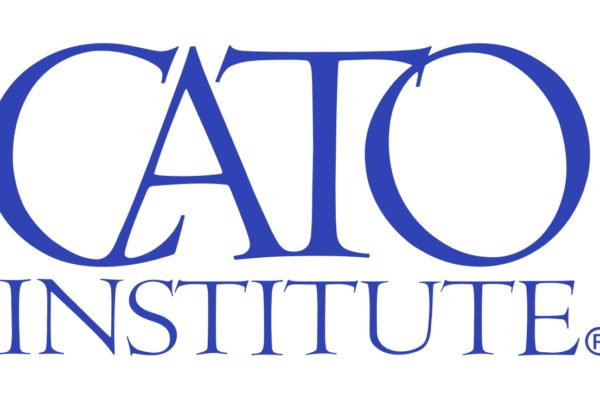During my career at BB&T we frequently encountered government regulators who believed they knew best how we should operate and to whom we should be making loans. Most often, we had no choice but to reduce our lending activity because of their so‐called recommendations.
So, I worry about the future as the federal government continues to force changes on the banking industry. I’m especially fearful now that the Biden administration is openly pursuing its social goals through financial regulation and has nominated Saule Omarova to lead the Comptroller’s office.
To be clear, I am not a Republican, and my concern has nothing to do with politics or personalities. What worries me is a major shift away from a free society.
Ms. Omarova’s writings are clear. She favors a society organized around a central government that allocates financial resources. It has no room for private banks, large or small.
If Congress wants to transfer more money to people for any reason, it should do so transparently.
Ironically, Omarova wants to give government bureaucrats a level of control over people’s lives that far surpasses the ephemeral “economic power” that she decries private financial institutions for wielding. All slogans aside, she clamors for the type of society best known for destroying the living standards of millions of people while it enriches the ruling class.
Sadly, there is no doubt that Omarova shares these policy views with several members of Congress. They hold a hostile view of free markets that ignores history, and they insist that someone — such as Omarova — must “stand up to the industry.” That’s easy enough to pull off when the villain is “the big banks” or “Wall Street,” but not when it applies to community bankers, a most respected American institution.
Ms. Omarova insists that she is “a huge supporter of community banks that channel credit to American families and businesses in their communities.” But Americans should recognize that Ms. Omarova is a very capable lawyer and that there is enough room in her statement to disdain private community banks.
In particular, her writings leave no doubt that she believes private community bankers have largely failed to channel sufficient credit. Otherwise, she would not be promoting a massive government takeover of private banking. Besides, it is incredibly difficult to misinterpret her written desire for an “ultimate ‘endstate’ whereby central bank accounts fully replace—rather than uneasily co-exist with—private bank deposits.”
So, what, exactly, is left for community bankers to do in Omarova’s ultimate endstate?
Her plan suggests that licensed community banking institutions (CBIs) might “function as the Fed’s representative offices.” In other words, they would be wards of the state. Those lucky enough to receive federal blessing would be allowed to give out public funds at the behest of federal officials.
Omarova also supports a National Investment Authority (NIA), a publicly-backed entity that adapts “familiar tools of financial and legal engineering” so that it “overcomes obstacles that ordinarily impede or discourage private investment.” Supposedly, the United States needs the NIA because its “most pressing public policy challenge” is to ensure long-term economic development.
Naturally, Omarova does not believe the United States is a third world country. The problem, as she sees it, is insufficient economic development that meets her own social goals.
Again, it strains all reason to argue that Omarova is pro-community bank — she simply does not believe that private banks have done a good job of allocating credit. If she did, there would be no problem. But she does see a problem, and she wants to put government officials directly in charge of allocating funds to fix it.
Setting aside the many difficulties with wiping out an entire private industry, Omarova and her supporters miss the fact that simply “supplying more credit” will not solve most economic problems. No competent financial planner would suggest that a client with low and variable income take on more long-term debt precisely because it would set that person up for failure.
Creating a government agency to provide credit in this manner — which is precisely what Omarova and her supporters want to do — will not produce better outcomes.
Regardless of how Omarova’s supporters spin her views, the core issue in front of the Senate is whether Americans can expect politicians and bureaucrats to make better decisions than people who put their own livelihoods on the line in private markets.
History has definitively answered this question. It is completely irrational to trust that the government will not make an even bigger mess of private markets than it already has.





